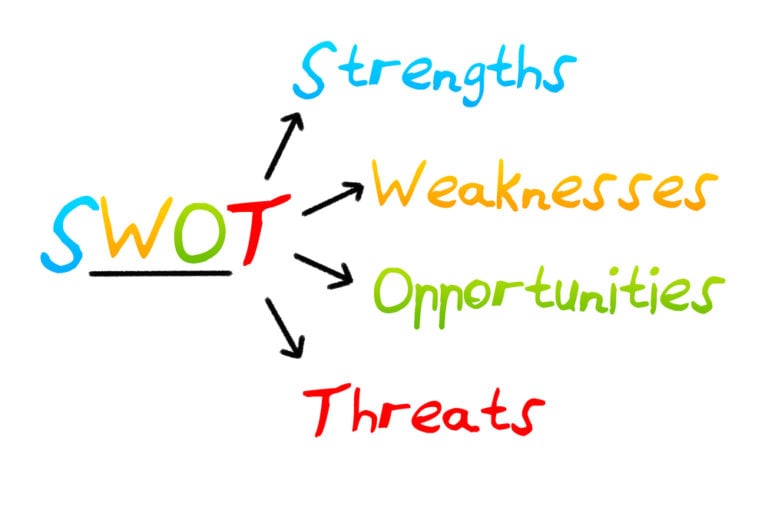PESTLE Analysis (PESTEL) is a strategic business planning or market research tool for small business owners to identify, analyze and monitor the key external factors that affect their business now and in the future.
The macro environment can be defined as the global conditions, objects, events and factors in which a small business operates.
The PESTEL study considers the following external factors:
1. Political factors have to do with the current direction of political parties and the extent to which the government intervenes in the economy. Policy issues to consider include tax policy, regulation and deregulation, level of bureaucracy, foreign trade policy, grants to finance small businesses, etc.
2. Economic factors are related to the performance of the economy and to a large extent affect the operation of small enterprises and decision-making. Economic issues to consider include economic growth, the business cycle, stock market performance, consumer confidence, unemployment trends, and interest and inflation rates.

3. Social Factors examines the ethical, cultural, and demographic aspects that influence the demand for, and how small businesses operate, products or services. Important social issues are population growth, immigration, age distribution, lifestyle, purchasing habits, education levels, emphasis on security, religion and belief.
4. Technological factors affect how small businesses bring their product or service to market. This helps small business owners assess the state of the business’s current technologies. Technological aspects such as research and development, automation, technology incentives, technology lifecycle, the rate of technological change, and the role of the internet need to be considered.
5. Environmental factors include environmental aspects that may affect small businesses in industries such as agriculture, tourism and insurance. Environmental factors include geographic location, weather, climate, climate change, pollution, and waste management.
6. Legal factors include all regulations and laws that may positively or negatively affect small business operations and profitability. Legal factors to consider include intellectual property law, consumer protection law, health and safety law, tax regulations, labor law, advertising standards, product labeling regulations, health care laws, and retirement laws.
Why use PESTLE parsing and what are its benefits?
PESTEL analysis:
- Provides a cost-effective method and simple framework for a systematic and thorough assessment of the external macro environment.
- Encourages and promotes strategic thinking and brings owners and key employees together with a common goal. This will help you evaluate how your strategy fits into the wider external environment and plan strategically.
- Raises awareness of the critical external factors that affect your small business and helps you understand why and what impact the external macro environment will have.
- Provides information about valuable opportunities and increases readiness for potential threats in the external environment.
- Creates a better understanding of your small business’s position now and in the future in the external environment.
- Helps you be more efficient and profitable by assessing the impact of business decisions before they are implemented, avoiding costly mistakes.














